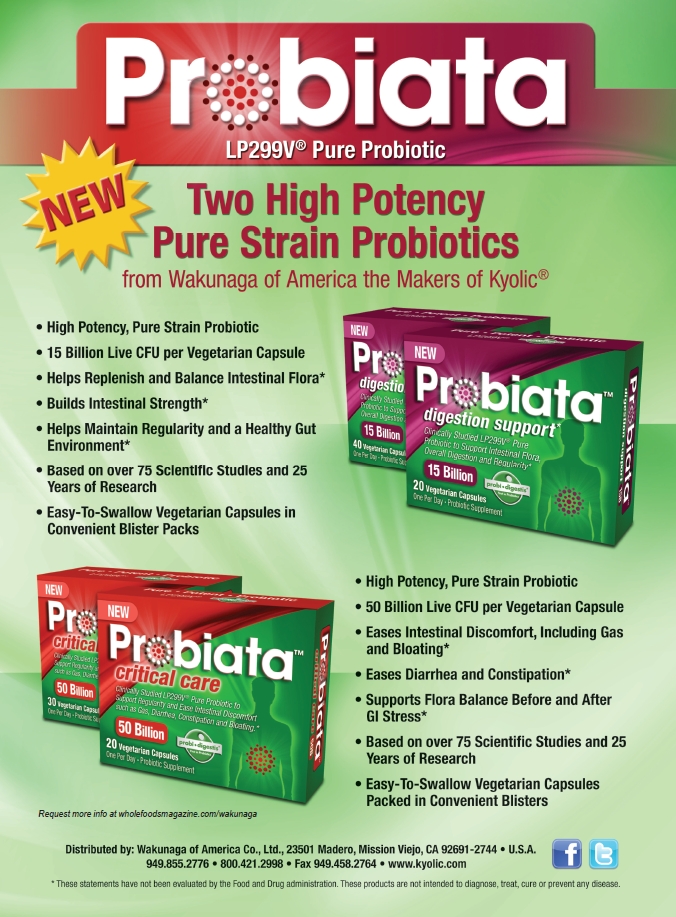The way human beings behave in groups is truly fascinating. For millennia, humans have lived together, eaten together, raised our young together and suffered losses together. As much as we may applaud individuality, as humans, we’re compelled to feel that there’s strength and comfort in numbers.
That’s why it’s so surprising when someone goes off on his or her own and says, “Bye, I’m doing my own thing.” Especially when that somebody has plenty of other options.
Strength in Numbers
Recently, SunOpta became the first food manufacturing facility to receive official verification from the U.S.  Department of Agriculture that its non-genetically engineered (GE) corn and soybeans are indeed non-GE. It did so through a not-that-well-known platform called the Process Verified Program (PVP) (see here).
Department of Agriculture that its non-genetically engineered (GE) corn and soybeans are indeed non-GE. It did so through a not-that-well-known platform called the Process Verified Program (PVP) (see here).
The news made a big splash in the media, but what’s the big deal? Certifications are certifications, right? Well, no. Not to my mind. In fact, I believe if numerous companies start using PVP for non-GE verification, it creates a tenuous and confusing situation for consumers. Moreover, it essentially turns the whole point of certification and standards on its head.
Standards exist when somebody (or a group of somebodies) creates a bunch of rules, and businesses either choose to abide by them or they don’t. If the rules are high quality and meaningful, companies jump at the chance to certify they follow the standards. It’s a selling point and distinguishing factor in a crowded marketplace.
Now, take away the overarching part and you’re looking at, well, just one person’s take on things—or, potentially many people’s diverse takes on the same subject. And that, I fear, is the problem with the use of PVP for non-GE labeling.
This program verifies each manufacturer’s process on its own merit, but not that those manufacturers adhere to any specific universal rules or definitions. It’s feasible that there could be thousands of different takes on what it means to be non-GE and or how to develop a non-GE product—all bearing the same USDA Process Verified seal. The standards that a company sets up might even have some pretty biased criteria, with all information about it being shielded from the public—and they might still be able to attain a seal.
 There’s almost no chance shoppers would understand the subtleties of the seal. Most just naturally assume one seal means one set of standards; and this time, it doesn’t.
There’s almost no chance shoppers would understand the subtleties of the seal. Most just naturally assume one seal means one set of standards; and this time, it doesn’t.
There are already a lot of misconceptions when it comes to non-GE; I don’t have to tell the retailers among us this, as they talk with confused shoppers every day. And I fear this whole issue with the PVP seal is just adding to the confusion. The PVP seal might work in some cases, but I just don’t see it as a reasonable long-term solution for customers that want to know whether GE ingredients are in their food. WF
Kaylynn Chiarello-Ebner
Editor/Associate Publisher
Published in WholeFoods Magazine, July 2015










